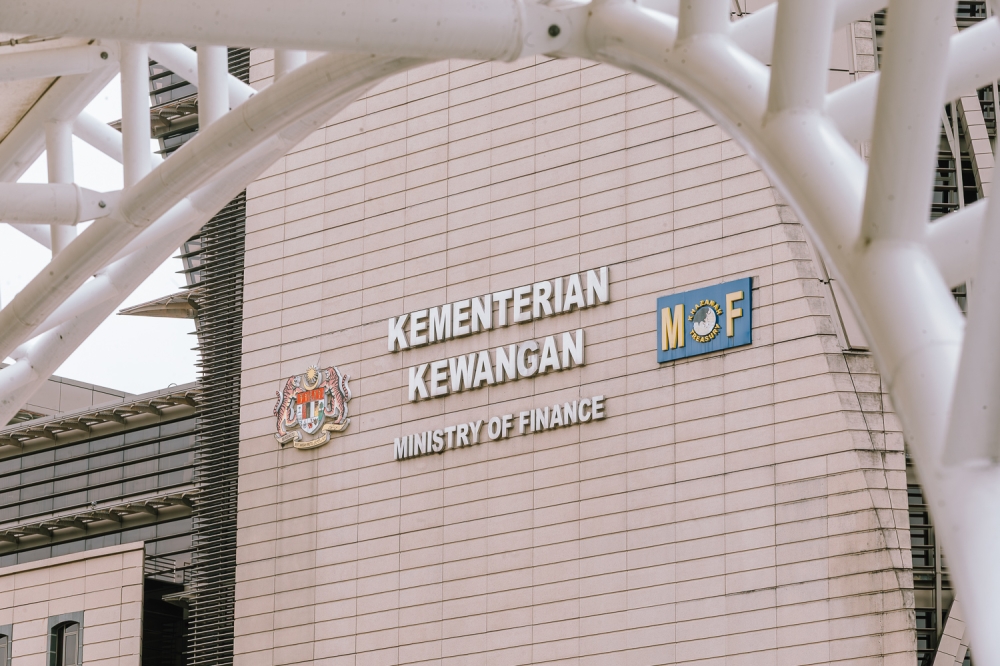JUNE 8 ― Parts 1 and 2 identified two important preferences of the majority of Malaysian Muslims ― they saw themselves as Muslims first (and then Malaysians), and they want current national laws to be replaced by the teachings of the Quran or the values and principles of Islam.
Part 3 highlighted the fact that the current prime minister and other potential prime ministers of Malaysia all see Malaysia as an Islamic state or in the process of becoming an Islamic state.
If the most salient political community in Malaysia ― the Muslims ― want Malaysia to be an Islamic state, and if all present and potential leader(s) of Malaysia express a similar preference, then why is Malaysia not definitively an Islamic state?
The Islamic state debate in Malaysia is a lively subject and many scholars have covered it competently and extensively. I highlight two in particular: Johan Saravanamuttu’s chapter, “Malaysia: Multicultural Society, Islamic State, or What?” in Michael Heng Siam-Heng and Ten Chin Liew’s (2010) edited book, State and Secularism ― Perspectives from Asia and Gerhard Hoffstaedter’s (2013) journal article, “Secular state, religious lives: Islam and the state in Malaysia“ for those interested in a broad survey.
The current debate on why Malaysia is not definitely an Islamic state falls into two broad categories: the secular state vs non-secular state debate, and the type of Islamic state debate.
Tommy Thomas ― a renowned Malaysian lawyer ― writing in 2005 provides compelling arguments appealing to history, Constitutional law, debates on Islamic state, and political developments (then), as to why Malaysia is not an Islamic state, but a secular one.
More recently, Emeritus Professor Datuk Dr Shad Saleem Faruqi (a renowned Constitutional legal scholar), in a response to former Chief Justice Tun Fairuz Sheikh Abdul Halim (of the VK Lingam fame) claims that, “just like laws that contradicted the Federal Constitution would be void, those that went against Islamic law’s main sources ― the Quran and Sunnah ― would also be void”, made it clear that Islamic law did not take precedence over civil legislation in Malaysia.
Emeritus Professor Faruqi cited articles within the Federal Constitution, state laws and existing judicial decisions to make his case. It must be noted however that Emeritus Professor Faruqi considers Malaysia’s legal system to be hybrid or plural, and therefore Malaysia is not a secular state.
Associate Professor Patricia Martinez’s chapter, “Islam, Constitutional Democracy and the Islamic State in Malaysia” in Lee Hock Guan's (2004) Civil Society in Southeast Asia provides an excellent analysis of the “first” Islamic state debate (when Mahathir declared Malaysia an Islamic state in September 2001).
The unique contribution that Martinez made ― beyond tracing the local discourse on the Islamic state ― was to analyse the concept of an Islamic state from several angles: the historical developments of the “Islamic state”, various theological perspectives of the “Islamic state”, how other Malaysian Constitutional and Islamic scholars viewed the concept of Islamic state in Malaysia, and also how the issue has been politicised.
Martinez concluded that although there were several aspects of the Malaysian state that would fit the concept of “an Islamic state”, Malaysia was still not an Islamic state.
These may all appear academic, but Malaysians, in particular those who want Malaysia to remain a secular state, would do well to ask the following question: “Are the reasons ― as to why Malaysia is not an Islamic state ― provided by Tommy Thomas (writing in 2005), Associate Professor Martinez (writing in 2004) and Emeritus Professor Faruqi (writing in 2017 but revisiting key arguments first made in 2008) still valid under current social, economic and political developments?”
* This is the personal opinion of the columnist.






















